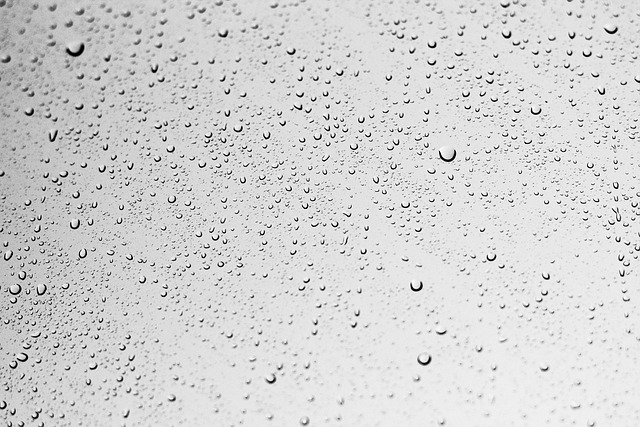Understanding your water heater's capacity (measured in GPM) is crucial for assessing performance. Regular maintenance, including annual flushing, leak checks, and proper insulation, ensures optimal efficiency and prevents heat loss. Inadequate hot water production may stem from malfunctioning heating elements or broken thermostats, leading to reduced capacity. Sediment buildup from hard water minerals can also block heat transfer and corrode the tank, decreasing hot water output. Regular professional inspections and DIY tasks like flushing and checking temperature settings maximize energy efficiency.
Is your water heater struggling to keep up with your hot water needs? Don’t let insufficient hot water production disrupt your daily routines. This article guides you through understanding your water heater’s capacity, identifying common issues, and implementing effective maintenance tips to enhance its efficiency and output. By addressing these aspects, you can ensure consistent access to the hot water you require, optimizing comfort and convenience in your home. Learn how proper water heater maintenance plays a vital role in maintaining a steady hot water supply.
- Understanding Your Water Heater's Capacity and Performance
- Common Causes of Insufficient Hot Water Production
- Maintenance Tips to Boost Your Water Heater's Efficiency and Output
Understanding Your Water Heater's Capacity and Performance

Knowing your water heater’s capacity is crucial for understanding its performance. Each model has a specific hot water output, typically measured in gallons per minute (GPM). This rating indicates how quickly it can deliver hot water to fixtures and appliances. If you find that your shower or sink isn’t getting enough hot water, the issue might be related to this capacity.
Regular water heater maintenance is essential to keeping up with its performance. Over time, sediment buildup, especially in hard water areas, can reduce efficiency. Flushing the tank annually and checking for any leaks are simple yet effective ways to maintain optimal performance. Additionally, ensuring proper insulation around your water heater can prevent heat loss, allowing it to operate more efficiently and provide ample hot water when needed.
Common Causes of Insufficient Hot Water Production

Many factors can contribute to your water heater failing to produce enough hot water. Understanding these common causes is essential in addressing and preventing issues with your water heater maintenance. One of the primary reasons for inadequate hot water is a malfunctioning heating element or a broken thermostatic control. Over time, these components can degrade, leading to reduced heating capacity and inconsistent temperature regulation.
Another frequent issue is sediment buildup within the tank. Hard water minerals and impurities can accumulate at the bottom, causing partial blockage and reducing the efficiency of heat transfer. This not only diminishes hot water output but can also lead to premature tank corrosion and failure. Regular water heater maintenance, including flushing and cleaning, is crucial in mitigating these problems and ensuring optimal performance.
Maintenance Tips to Boost Your Water Heater's Efficiency and Output

Regular water heater maintenance is a key factor in ensuring your unit operates efficiently and provides adequate hot water. Start by scheduling annual professional inspections to assess any potential issues or wear and tear. These experts can clean the tank, remove sediment buildup, and check vital components like the heating element or burner.
Between professional visits, there are simple DIY maintenance tasks you can perform. Flush the system regularly to eliminate mineral deposits and sediment that can reduce water heating efficiency. Also, inspect the temperature settings; ensuring they align with your desired hot water temperature maximizes energy usage without unnecessary waste.
If your water heater isn’t meeting your hot water needs, it’s time to take action. Regular maintenance, including flushing and cleaning, is crucial for optimal performance. Understanding your water heater’s capacity and addressing common issues can ensure consistent hot water supply. By implementing these solutions, you’ll not only improve efficiency but also extend the life of your water heater, making it a game-changer in your daily routines. So, don’t let insufficient hot water production become a pesky obstacle—take control with effective water heater maintenance!
